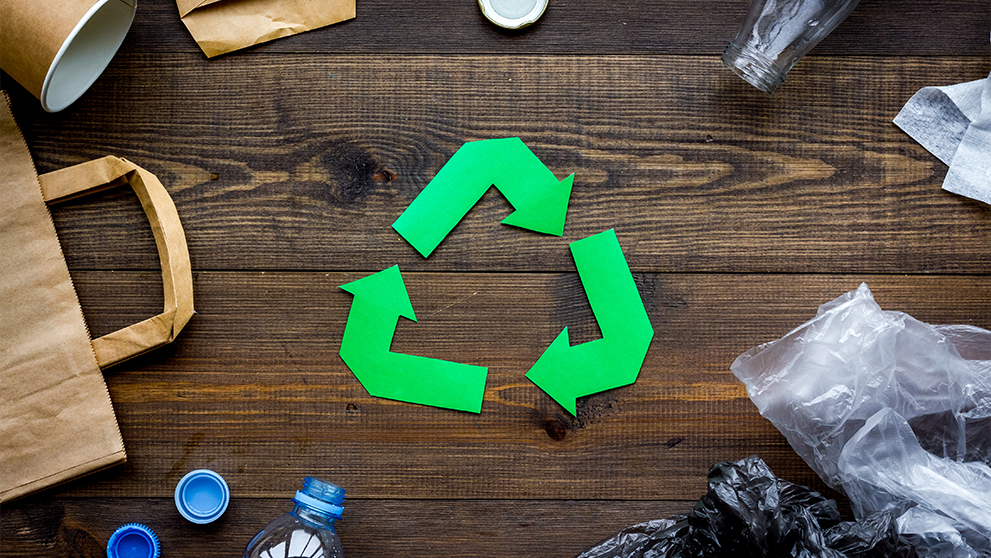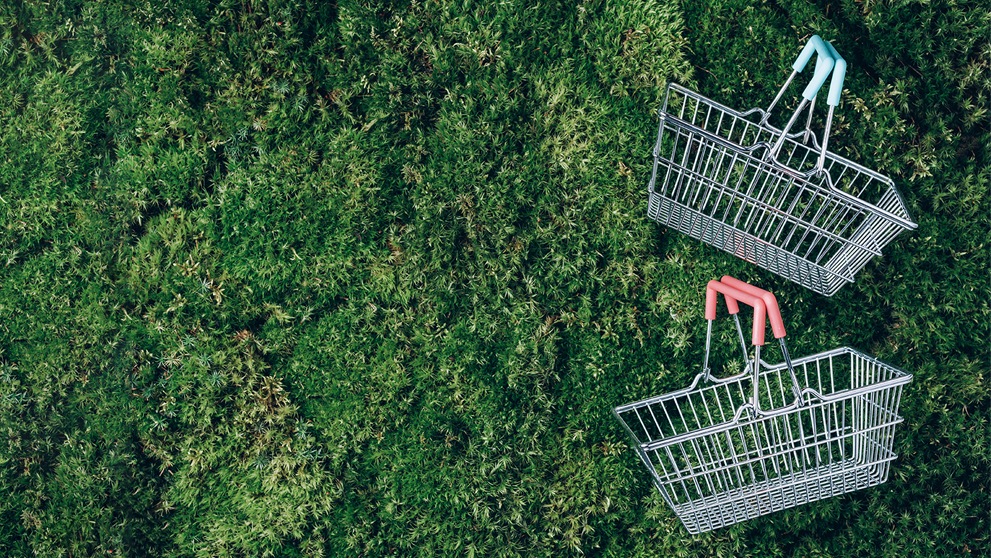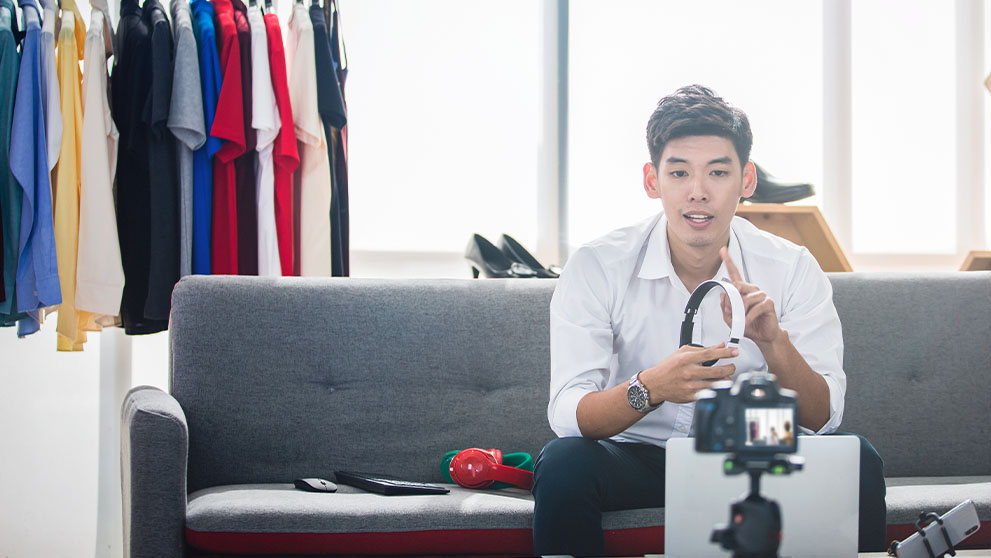In this week’s AOB, we look at sustainable fashion, China’s luxury goods economy, and what an innovative chef is doing to help financially stretched customers enjoy a slice of fine dining.

Guilt-free shopping
Eco-conscious customers of luxury fashion e-commerce platform Farfetch1 – which sells products from over 700 global boutiques and brands – will now be able to check the sustainability of the clothes before buying. The company has introduced a ‘fashion footprint’ tool to inform shoppers of the environmental impact of the materials in their purchases, and highlight the potential savings of choosing a second-hand piece instead.
The new service comes at a time when consumers are starting to be more aware of the negative effects of the disposable, ‘fast fashion’ economy. The fashion industry is responsible for 10% of humanity’s carbon emissions2, partly due to the high returns rate of the sector.

Amazon’s boost for SMEs
Small businesses across the world have been some of the hardest hit by the pandemic, so SMEs in India will be cheered to learn that Amazon3 is preparing to host the third edition of its sale event, Small Business Day (SBD) 2020, on June 27. The company will promote unique and hard to find products from artisans and start-ups across the marketplace to help customers discover them. During last year’s SMD, over 1,200 sellers had their highest single-day sales ever, Amazon said.
Read our exclusive tips to help your web store stay ahead during the pandemic.

Fine dining – with a twist
A top chef in France is bringing culinary delight to locked-down Parisians with a new at-home delivery service. Like many in the food industry, Victor Mercier – a former finalist on the TV program Top Chef – has had to adapt his traditional business model during the pandemic to stay afloat, launching FIEF à la maison4 (FIEF at home), named after his flagship restaurant. Aware of people’s reduced budgets in the current climate, he has given the service a very special USP – customers can set the price they pay themselves.
A new menu will be released online every day, with diners able to choose from a selection of price ranges. Those opting for the higher end will cover the costs of those unable to pay more, and a proportion of the payments will be donated to Action Against Hunger5.

Luxury sector looks to Gen Z for sales
With the world in financial turmoil, it’s no surprise that consumers are reconsidering their usual buying habits – particularly their spending on luxury goods. A recent report by Bain & Company predicts that global sales of personal luxury goods could fall by up to 60% in Q26.
In China, e-commerce giant Alibaba’s Tmall7,8 platform is hoping to give the slowing sector a boost with the rollout of its new channel, Luxury Soho9, which lets fashion brands sell their excess stock at outlet prices. Aimed primarily at Gen Z-ers, it’s designed to make the luxury sector more accessible to them with features including live streaming, virtual icons, and discounts of up to 70%.

WhatsApp new e-commerce opportunities
WhatsApp’s10 highly anticipated digital payment service has been released in Brazil. The Facebook-owned11 messaging app has integrated the social media company’s Facebook Pay12 service to allow customers to send money securely or make a purchase from a local business without leaving their chat.
The service will open the digital economy to many SMEs for the first time. “Over 10 million small and micro businesses are the heartbeat of Brazil’s communities. It’s become second nature to send a zap [message] to a business to get questions answered. Now, in addition to viewing a store’s catalog, customers will be able to send payments for products as well,” the company wrote in a blog post.13
With over 1.8 billion people active on Facebook and 800+ million users visiting Instagram each month14 – to name just a couple of examples – the reach of social platforms is huge. Read our top tips for selling on social to ensure your e-commerce business is positioned to make the most of the opportunity.
1 – Farfetch
2 – United Nations Environmental Programme, November 2018
3 – Amazon
4 – FIEF à la maison, Canvas8, June 2020
6 – Bain & Company report, CNBC, May 2020
7 – Alibaba
8 – Tmall
9 – Luxury Soho, Fashion United, May 2020
10 – WhatsApp
11 – Facebook
12 – Facebook Pay
13 – WhatsApp blog, June 2020
14 – Social media stats, discover.DHL, January 20201

























